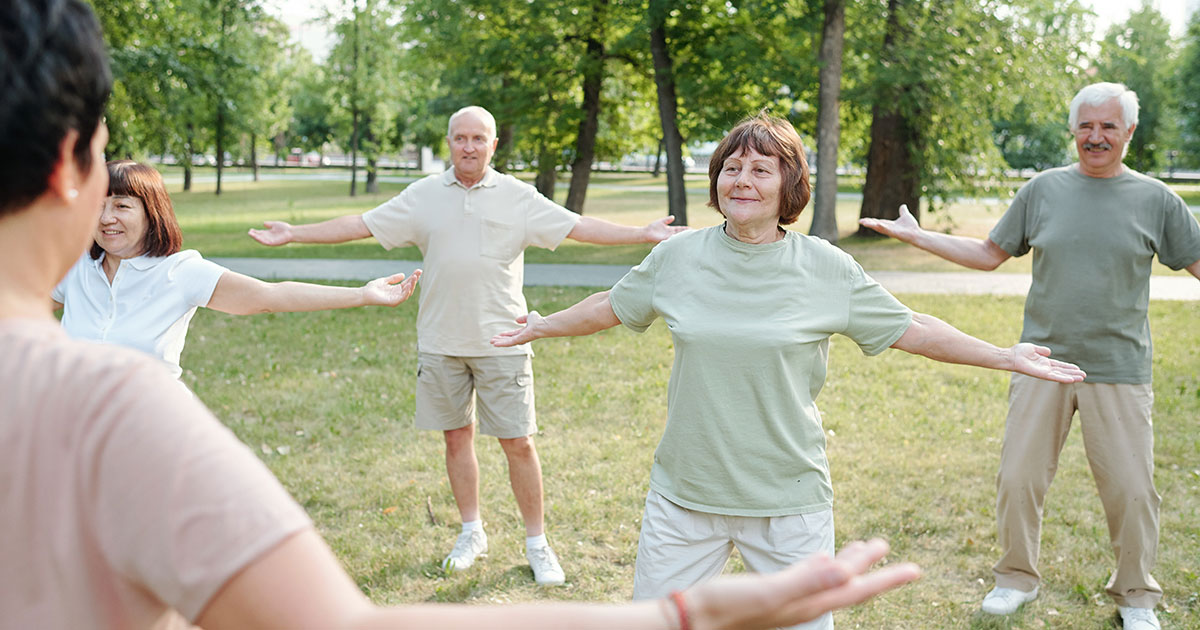An Eastern meditative practice is putting a new population at ease in Houston. Caregivers of Houstonians with cancer often do not seek help, even though they may experience the same levels of stress as the cancer patients themselves. Research indicates that the decreased quality of life affecting these caregivers has a trickle-down effect and often negatively corresponds with the quality of care they may provide.
A UH College of Nursing assistant professor and researcher wants to change this for the next generation of caregivers. Pinky Shani R.N., Ph.D., who is a registered nurse, led a team who collaborated with MD Anderson Cancer Center, several clinics and caregiver support groups across the Greater Houston Region to recruit participants for the study. Shani’s background in oncology and mind-body research led her to Qigong, a multi-modal exercise that uses gentle movement, breath training, body awareness and imagery to improve both physical and emotional wellbeing. “I believe there is a pressing need to develop effective and practical interventions to prevent and manage the psychological and physical distress that caregivers experience,” said Shani.
“The best allegory for this work is that of being a passenger on a plane in a state of emergency and putting the oxygen mask on yourself before helping others put theirs on. It’s difficult to care for others if you don’t take care of your own health, and caregivers for cancer patients are no exception,” said Shani.
Caring for Caregivers with Mind-Body Exercise was funded in 2018 by the National Institutes of Health, National Center for Complementary and Integrative Health. This pilot and feasibility study randomized 47 informal caregivers, often family or friends who provide care and are not paid, into three groups: an in-person Qigong class, an internet-based Qigong class and a self-care control group. This is one of the first studies to offer classes virtually.
Many caregivers mentioned that this study was the first time someone offered help for the stress they were experiencing. The study is now in the data analysis phase, and Shani hopes its results will draw attention to the needs of caregivers everywhere and help promote Qigong as a method of stress relief for different types of informal caregivers—caretakers of those suffering from dementia, chronic illness and others.
“To be aware of where we are in life and what we can do to improve ourselves and those we care for is incredibly important,” said Shani. “Mental, emotional and physical wellbeing are interconnected, and I hope to provide caregivers an opportunity to reconnect with their own health and wellbeing.”
Image: Getty Images/iStock/shironosov
